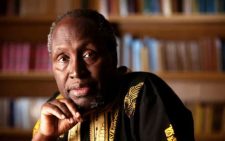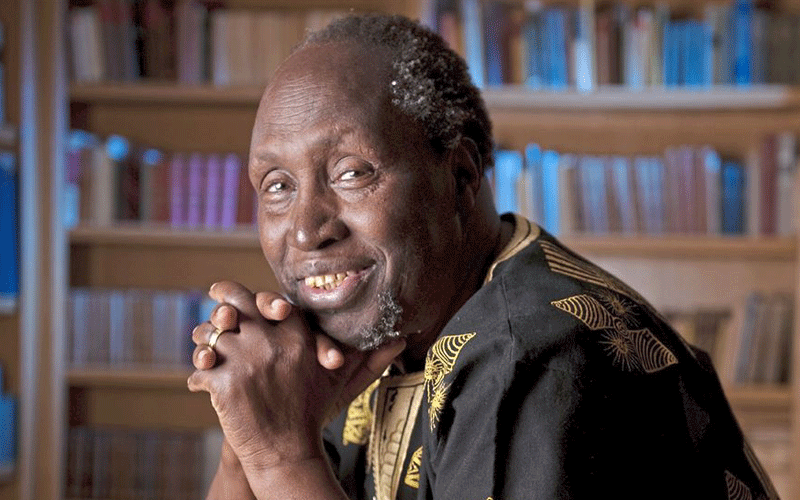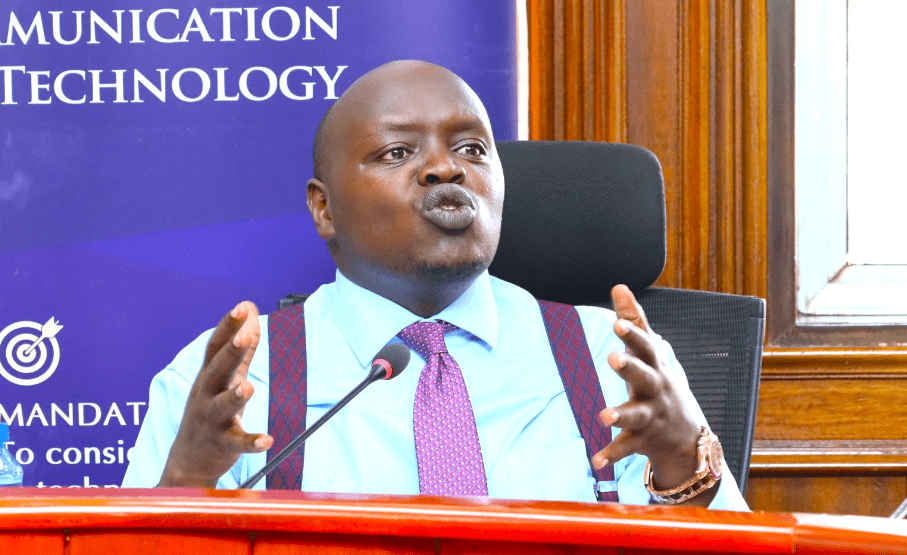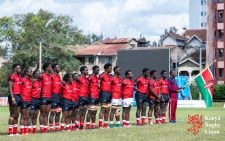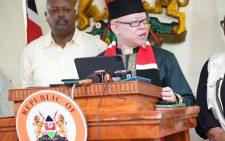Celebrated writer Ngugi wa Thiong’o dies
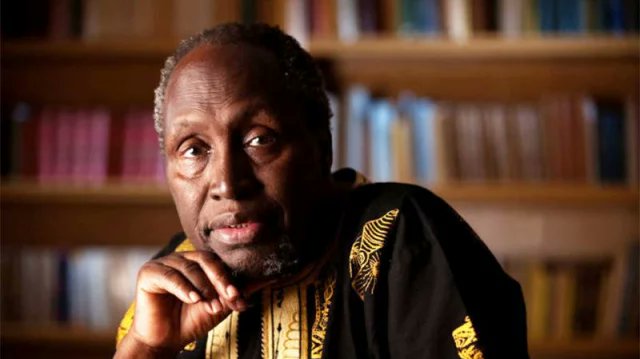
Ngugi wa Thiong’o, one of Africa’s most revered literary figures, has passed on.
His daughter, Wanjiku wa Ngugi, confirmed his death through a brief message published on her Facebook page on Wednesday, May 28, 2025.
According to the daughter, his last wishes were that people should celebrate his life and work
“It is with a heavy heart that we announce the passing of our dad, Ngũgĩ wa Thiong’o, this Wednesday morning, 28th May 2025. He lived a full life, fought a good fight. As was his last wish, let’s celebrate his life and his work,” Wanjiku wa Ngugi wrote.
According to the daughter, the family would issue further communication regarding the burial preparations.

Born on 5 January 1938, he was widely recognised as a giant in African literature. His works, including Weep Not, Child, Petals of Blood, and Decolonising the Mind, shaped generations of readers and writers across the continent and beyond.
The River Between was also among his most-read books, as it was adopted in the Kenyan school curriculum.
Ngugi wa Thiong’o began writing in English before choosing to write in his native Gikuyu as part of a long-standing commitment to linguistic and cultural liberation.
The celebrated writer was 87 years old and was residing in the US.
Imprisonment and exile
His radical approach to community theatre, particularly his play Ngaahika Ndeenda (co-written with Ngũgĩ wa Mĩriĩ), performed entirely in Gikuyu, led to his imprisonment without trial in 1977.
He was adopted as an Amnesty International prisoner of conscience.
When Ngugi secured his release, he went into exile, teaching at prestigious universities like Northwestern University, Yale University, New York University, and finally as a Distinguished Professor of Comparative Literature and English at the University of California, Irvine.
His towering legacy include the influence on African literature where he challenged conventional literary norms and consistently championed the use of native languages.
